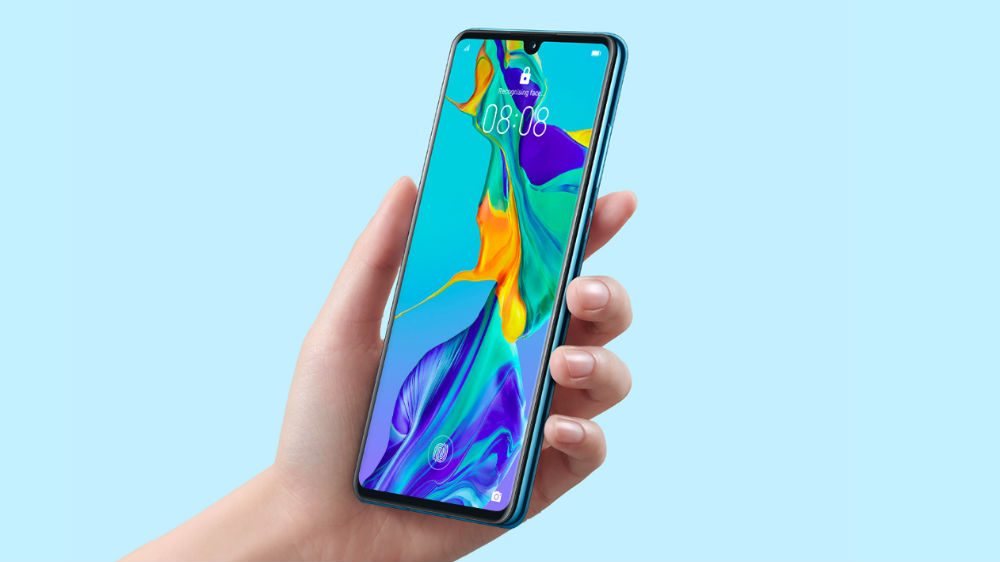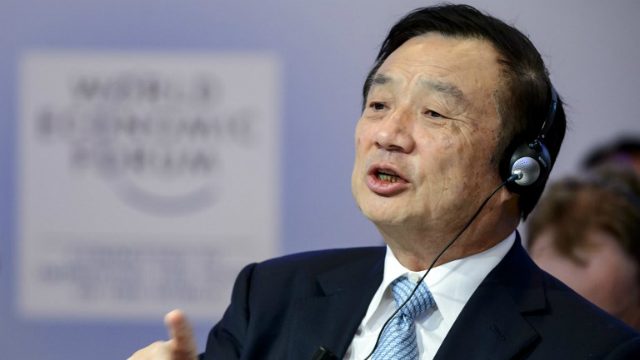SUMMARY
This is AI generated summarization, which may have errors. For context, always refer to the full article.

MANILA, Philippines – Monday was supposed to be all about the finale of Game of Thrones, but not if Google and Huawei could help it.
And help it they did. Google, complying with the US blacklist on Huawei, cuts some business with Huawei including the pulling of its Android license, affecting millions of phone owners worldwide. What do you do if you’re among them? Here’s what you can expect:
For the next 90 days, it will be business as usual for your Huawei phone
A day after Google’s decision broke, the US Commerce Department, the agency which put Huawei on the trade blacklist, says it’s granting Huawei a 90-day temporary license to continue doing business with American firms including Google.
For current owners, this doesn’t change the eventual effects greatly. Even before the 90-day reprieve, both Google and Huawei gave assurances that existing phones – whether that’s the one in your hand or already in stock at retailers – will keep getting Google Play Store access, app updates, which include Google apps like Gmail, Chrome, and YouTube, and security updates. (READ: Chipmakers follow Google’s lead in Huawei ban)
You’ll still be able to download new apps, and Google Maps, Search, Assistant and other Google services will still function. More importantly, you’ll still get Play Protect support that scans for malware – important if your phone loses the ability to update newer OS versions, which traditionally patch up vulnerabilities.
It’s a different case for future phones. The US blacklist prevents Huawei from procuring US-made technologies, hence Google’s compliance. As it stands, they won’t have access to Google services, and the Play Store. The company can use the open-source Android license but the open-source Android gets updated later than the licensed version, so they’ll be behind the competition, and they can’t afford that. (READ: U.S. tech firms to take hit from Huawei sanctions)
Look out for Honor phones as well, another Huawei-owned phone brand, as the same restrictions will likely apply to them.
Even for existing phones, the future looks murky
Google and Huawei will likely continue to give assurances. But until things simmer down between China and the US, your Huawei phone will stand on shaky ground. On one hand, nothing could change, and it will remain the same all throughout until the day you decide to buy a new phone. On the other, things may go further south, and you’ll find the Google services jettisoned from your phone sooner than expected. (READ: PLDT on the Huawei question)
For Huawei users’ questions regarding our steps to comply w/ the recent US government actions: We assure you while we are complying with all US gov’t requirements, services like Google Play & security from Google Play Protect will keep functioning on your existing Huawei device.
— Android (@Android) May 20, 2019
One day, you may also find yourself using Huawei’s own operating system, as a replacement for Android – it will be new, unproven, and will have to earn everyone’s trust, a tall order especially in the current climate. If Huawei relies on the open source Android OS, without official Google assistance and collaboration, it’s going to be harder for Huawei to compete with licensed makers. So even if there are downsides to building up your own OS, it may be a realistic path for Huawei to take. (READ: PLDT, Globe say Huawei will keep its devices updated despite trade ban)
It’s also hard to believe that the next Android OS, Android Q – which has better data privacy features and the ability to caption all content on your phone – will make it to a Huawei phone in the foreseeable future.
Monitor security updates more closely
Forget the aesthetic changes or the performance optimization tweaks, if you own a Huawei phone, be on the lookout for announcements on whether security updates will continue from Google. Again, both have made assurances, but things can change in an instant – and the biggest threat for brands that will not be as well-supported by Google and its OS will be the lack of timely security updates.
Vulnerabilities, as you may know, need to be patched as soon as you can. Without official Google support, Huawei will have to step up with its own security updates for existing phones.

In the coming weeks, it will be interesting to hear more from Huawei regarding how it will fill these Google-sized gaps. Currently, aside from fighting words from founder Ren Zhengfei, the official press statement from Huawei sent to Rappler and other outlets has been a short one:
Huawei has made substantial contributions to the development and growth of Android around the world. As one of Android’s key global partners, we have worked closely with their open-source platform to develop an ecosystem that has benefitted both users and the industry.
Huawei will continue to provide security updates and after-sales services to all existing Huawei and Honor smartphone and tablet products, covering those that have been sold and that are still in stock globally.
We will continue to build a safe and sustainable software ecosystem, in order to provide the best experience for all users globally.
For your part, Huawei phone owner, pay attention to news on mobile malware and other mobile cybersecurity concerns. From a cybersecurity perspective, the Google-Huawei situation can be looked at as a vulnerability that can be taken advantage of by online criminals.
Should you still buy a Huawei?
For all the allegations leveled against it, Huawei has produced some great phones. But, just given the messiness of the whole ordeal now, it’s tough to recommend a phone whose fate can be changed by external factors it has little control over. Right now, it’s at its messiest – we don’t even know the complete details of the Huawei ban, and how existing phones and future phones will exactly be affected – so now is definitely not the best time to buy one.
If you’re adamant about getting a Huawei – and that’s still a fair stance given that trade war agendas somewhat muddle and weaken the accusations against the company, and there’s still no definitive proof out there – at the very least, wait it out until the dust settles, wait until things quiet down, and until both parties have played all their big cards. By then you’ll have a clearer view of where the brand and its phones are headed; make your decision then, whether you feel it’s still the right choice for you at that point.
Fortunately, there’s really no dearth of inexpensive, quality phones right now. Many of them are from China such as OPPO, Realme, Vivo, and Xiaomi – although who knows when the US might also target them? But for the time being, they appear relatively safe, insofar as you can ignore concerns regarding a Chinese law that allows the Chinese government to demand cooperation from Chinese companies. For certain, there’s a great opportunity in there somewhere for these other brands. (READ: Key things to know about China’s Cybersecurity Law)
What the consumer could hope for is that even with a Huawei that’s being hobbled by the US, competition remains stiff enough that we get solid, inexpensive phones.
On the other hand, Samsung, which has seen its fair share of scandals, has seen its stock price surge in the aftermath of the Android ban.
One other reason you may not want to splurge on a Huawei phone right now is that the trade ban – which also involves other key US component providers – represents a real threat to the company. Last year, ZTE almost went out of business after a trade ban as well. Huawei is many, many, many times bigger than ZTE, but it’s hard to see the company coming out unscathed from this – reputationally or otherwise, and its earnings may reflect that.
Will Huawei be able to consistently take care of the customer in these troubled times? We’re not saying it can’t but we haven’t seen it can as well.
In the latest report by industry monitor IDC for the Philippine market (published September 2018), Huawei is the top 5 best-selling smartphone brand in the country. What can it do to prevent a huge slide?
Aside from phones, pay attention to Microsoft’s moves in the coming days as Huawei laptops including the recently released Matebook 13 in the Philippines use the Windows OS. On the enterprise end, pay attention to news on Huawei’s 5G equipment as some of those also make use of US components – although Bloomberg has reported that Huawei has been stockpiling on parts good for 3 months.
Other points of interest: Will China retaliate and hit Apple’s China operations too? Google also tried re-entering the China market with its search engine last year – is that dream over? The trade war is hitting the tech giants (even Facebook has chimed in, with chief operating officer Sheryl Sandberg that breaking up Facebook would boost Chinese rivals) so as a consumer, wise up so you don’t get caught in the crossfire. – Rappler.com
Add a comment
How does this make you feel?
There are no comments yet. Add your comment to start the conversation.